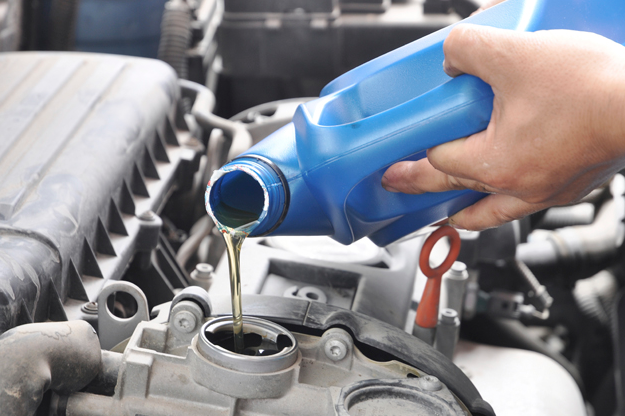There are different types of fluids in our cars. As an example, brake fluid is essential to ensure that our car can stop immediately. This is important to ensure our safety level and our brake should be kept at good condition. Other fluids are available inside our car to make sure that it is able to work properly. Wiper washer fluid is one of the fluids that are used in our cars. It is usually consisted of water and useful when driving in dusty, hot areas. During high speed driving, bugs may splatter against the windshield and they need to be washed away, before they get dry. During winter, it is a good idea to empty the fluid tank for the wiper washer, because it may freeze. Using the fluid during winter may cause thin ice layer to form on the windshield, potentially causing blurriness. During winter, it is important to keep the windshield dry and it is a good idea to manually wipe it instead. The radiator also has fluid as coolant and it may contain different types of additives. During summer, we may use additive that can help the coolant to absorb more heat, such as by increasing the boiling point. It means that, coolant won’t boil and turn to vapor too quickly, allowing more heat to be absorbed.
During winter, it’s less likely for engine to overheat, so we may flush the radiator coolant and replace it with a fresh one. This time, we may add anti-freeze additive to lower the freezing point. So, when the temperature is very low, the radiator fluid is still in liquid form and it is still able to circulate. Engine may still overheat during the coldest winter day, if it lacks coolant. Usually, we we need to mix one part of water with one part of anti-freeze solution. However, depending on our situation, we may need to change the ratio. In arctic condition, it is not uncommon to fill the radiator entirely with anti-freeze solution. The most essential fluid is probably the engine oil and it can be made from traditional or synthetic oil. Many people argue that synthetic engine oil could provide us with better efficiency. Traditional engine oil is based on crude oil and it has a more complex composition, hundreds of additional substances. Because it is taken from the nature, traditional oils often have some amount of impurities, such as compounds based on nitrogen, sulfur and even asphalt. Synthetic engine oil is cleaner, because it’s made from scratch. It contains primarily of substances that are needed to lubricate our engine.
Engine oil may need to be changed sooner than the actual schedule, especially if we drive often and in hotter conditions. A good engine oil prevents friction between parts inside the engine. Transmission oil is also similar and it is needed to lubricate many types of gears inside the gearbox. Also, we need to make sure that engine and transmission oils don’t become too thick during a cold winter day. It is important to choose engine oils that are designed specifically for our cars.
